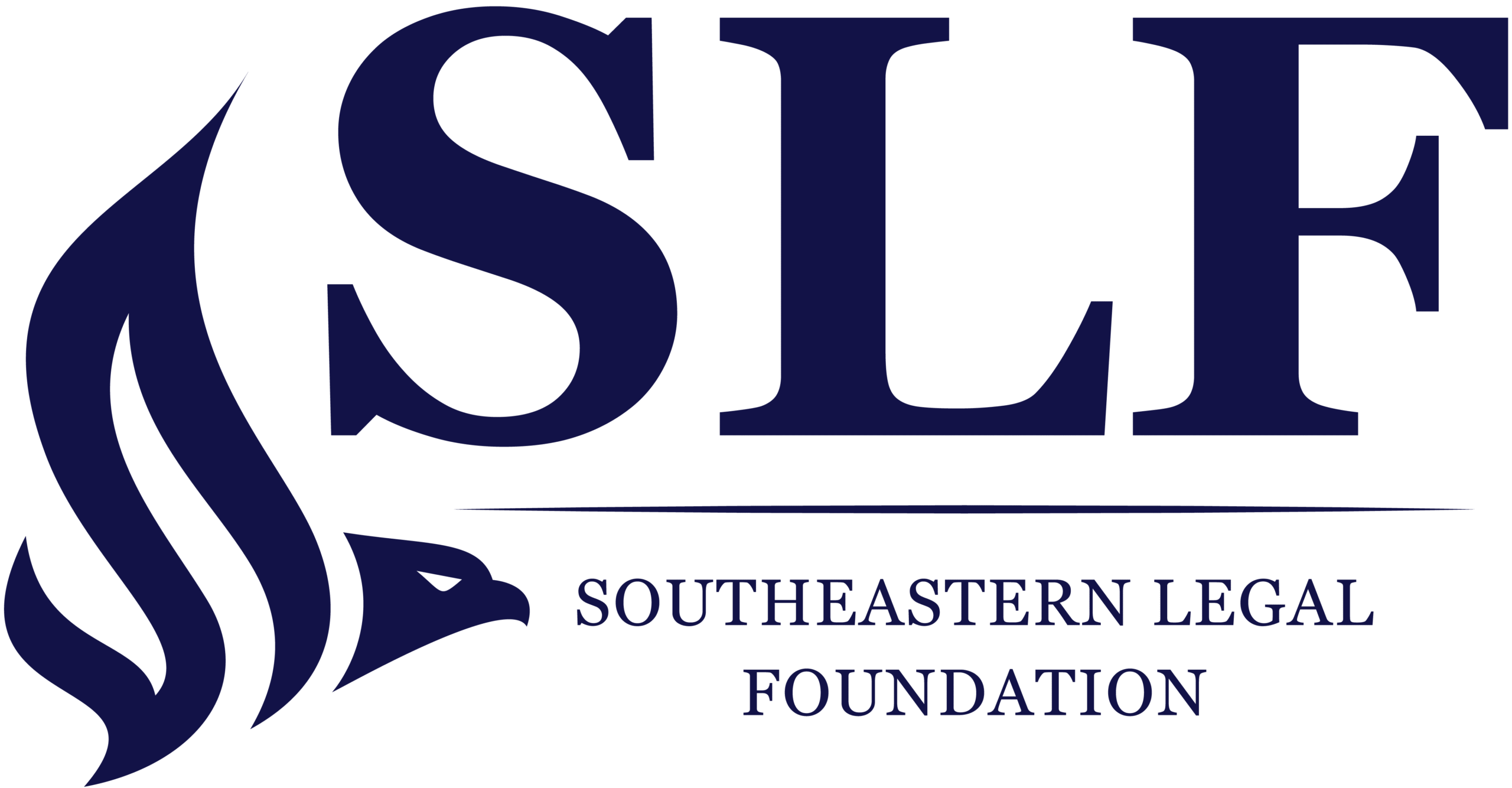Southeastern Legal Foundation (SLF) is pushing back against the unprecedented efforts of the National Marine Fisheries Service (NMFS) to impose severe restrictions on boating and fishing in the Atlantic Ocean.
NMFS has been taking directions from environmental special interest groups who have unilaterally declared boating and fishing to pose an existential threat to endangered whales. These demands have resulted in rules that place severe limitations on everyone from recreational boaters to Maine lobstermen to Herring fisherman. The latest proposal is the boldest yet. The environmental groups have asked NMFS to set a speed limit of 10-knots on boats of all size traveling in the Florida gulf in the name of protecting Rice’s whales. In other words, the federal government would mandate that all boats—no matter how big or small—must obey a 10 knot speed limit when traveling in the Florida gulf. If they fail to do so, recreational boaters face criminal penalties, including imprisonment and crippling fines of up to $20,000.
In a formal public comment to NMFS, SLF warned that federal agencies do not have the authority to take such a sweeping measure that would shut down an American pastime.
Read More
The proposed rule by NMFS would make criminals out of recreational boaters and make fishing trips practically impossible. The environmental groups behind this blatant attempt to criminalize an entire industry argue that such a rule would protect endangered whales from allegedly being struck by boats, but they offer only minimal and highly debatable evidence that recreational boats ever strike whales.
The federal government simply does not have the authority to take such a sweeping measure that would shut down an American pastime. Generations of Americans have grown up fishing and enjoying the Florida waters. Only Congress could make a law of such profound significance, but it has not done so, nor has it authorized NMFS to enact such regulations. If Congress really did intend to deliver an agency such sweeping authority, it would have expressly done so. Otherwise, delegating congressional lawmaking powers to an executive agency using general and vague language would pose a major separation of powers issue.
The government cannot place broad restrictions on Americans’ freedom, and certainly not unilaterally. The judicial branch serves as an important check on executive agency overreach, and SLF will continue to use legal action to rein in agencies like NMFS.
